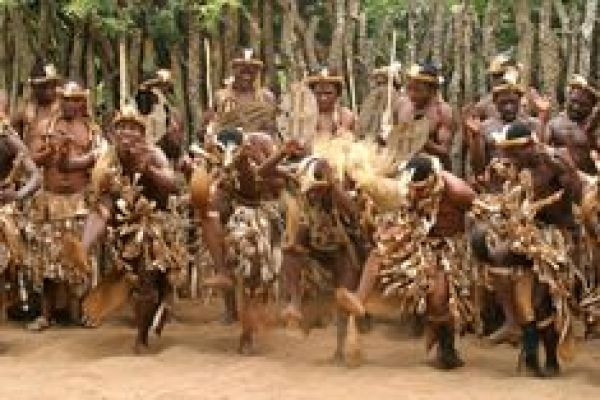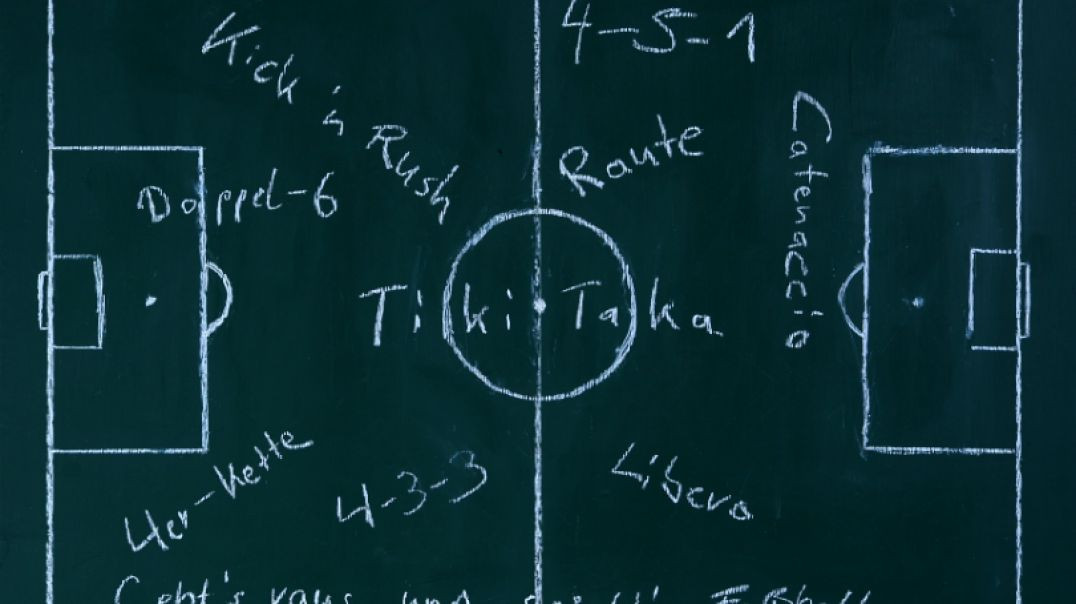Zulu Culture in South Africa
Introduction
The Zulu people, one of South Africa’s largest ethnic groups, have a rich and dynamic cultural heritage that plays a significant role in the country's social and historical fabric. Known for their vibrant traditions, complex social structures, and historical impact, the Zulu culture is a testament to the resilience and adaptability of its people. This essay explores the key aspects of Zulu culture, including their history, social organization, traditional practices, and contemporary influences.
Historical Background
The Zulu people, originally part of the Nguni ethnic group, are believed to have migrated to the southeastern region of South Africa from the north over a millennium ago. The Zulu kingdom was established in the early 19th century under the leadership of Shaka Zulu, a powerful and innovative king who transformed a small group of clans into a formidable kingdom through military conquest and strategic alliances. Shaka’s reign marked the beginning of the Zulu kingdom's prominence in southern Africa, and his legacy continues to influence Zulu culture today.
During the colonial period, the Zulu kingdom faced significant challenges as British forces and other colonial powers sought to control the region. The Anglo-Zulu War of 1879, in particular, was a pivotal moment in Zulu history, resulting in the defeat of the Zulu kingdom and subsequent changes in governance and social structures. Despite these challenges, the Zulu people have maintained a strong sense of cultural identity and heritage.
Social Structure and Organization
Zulu society is traditionally organized around a hierarchical system that emphasizes clan and family ties. The central unit of Zulu social organization is the extended family, which includes multiple generations living together or in close proximity. This family unit is known as an "umuzi," and the family’s well-being is closely linked to its social and economic activities.
- The King (Inkosi): At the top of the Zulu social hierarchy is the king, known as "Inkosi." The king is considered the traditional leader and spiritual head of the Zulu people, responsible for upholding cultural values and traditions. The role of the king is hereditary, passing through the royal family according to specific customs and succession rules.
- Chiefs (Amakhos): Below the king are the chiefs, or "amakhosi," who oversee various regions and communities within the Zulu kingdom. Chiefs play a crucial role in local governance, dispute resolution, and the administration of customary law. They are also responsible for organizing and leading cultural and ceremonial events.
- Clans (Izibongo): The Zulu people are organized into clans, each with its own distinct name and lineage. Clan identities are deeply embedded in Zulu culture, and clan members often gather for communal activities and celebrations. Clan leaders, or "izinduna," help maintain social cohesion and ensure adherence to traditional practices.
- The Extended Family (Umndeni): The extended family is the cornerstone of Zulu social structure. It includes immediate family members such as parents and children, as well as extended relatives such as aunts, uncles, and cousins. This family network provides support, guidance, and a sense of belonging for its members.
Traditional Practices and Beliefs
Zulu culture is rich in traditions and customs that reflect their worldview and social values. These practices encompass various aspects of life, including rituals, ceremonies, and everyday customs.
- Initiation Rites: Initiation rites are an essential part of Zulu cultural life, marking the transition from childhood to adulthood. For boys, the initiation process involves circumcision and a period of seclusion, during which they learn about Zulu customs, responsibilities, and leadership. For girls, initiation involves a similar period of seclusion where they learn about womanhood, marriage, and domestic roles. These rites are crucial for preserving cultural values and ensuring the continuity of traditions.
- Marriage and Family Life: Marriage is a significant social institution in Zulu culture, often involving elaborate ceremonies and rituals. Traditionally, marriages are arranged by families and are seen as a way to strengthen social ties and create alliances. The bride price, or "lobola," is an important aspect of Zulu marriage customs, where the groom’s family pays a negotiated amount to the bride’s family as a gesture of respect and commitment.
- Religious Beliefs: Zulu spirituality encompasses a belief in a supreme deity, "Unkulunkulu," who is considered the creator and sustainer of life. Ancestor worship is also a central aspect of Zulu religious practice, with ancestors believed to have a continued presence and influence over the living. Rituals and offerings are made to honor ancestors and seek their guidance and protection.
- Traditional Healers: Traditional healers, or "sangomas," play a vital role in Zulu culture as custodians of indigenous knowledge and spiritual practices. Sangomas are consulted for their expertise in diagnosing and treating illnesses, performing rituals, and offering advice on various aspects of life. Their role is highly respected, and their practices are deeply rooted in Zulu tradition.
Language and Arts
The Zulu language, known as "isiZulu," is an integral part of Zulu culture and identity. It is one of South Africa’s 11 official languages and is spoken by millions of people. IsiZulu is rich in proverbs, poetry, and oral literature, which are used to convey cultural values, historical narratives, and social norms.
- Music and Dance: Music and dance are vital components of Zulu cultural expression. Traditional Zulu music often features rhythmic drumming, vocal chants, and the use of instruments such as the "mbube" (a type of drum) and the "ukuhuba" (a musical bow). Dance is an essential part of Zulu ceremonies and celebrations, with performances characterized by energetic movements, intricate footwork, and symbolic gestures. The "indlamu" dance, also known as the Zulu war dance, is particularly well-known for its vigorous and expressive style.
- Beadwork and Crafts: Zulu beadwork is renowned for its intricate patterns and vibrant colors. Beads are used to create decorative items such as necklaces, bracelets, and clothing, with each pattern and color carrying symbolic meanings. Zulu crafts also include wood carving, pottery, and weaving, which are practiced by artisans to produce functional and decorative objects.
Contemporary Influences and Challenges
In contemporary South Africa, Zulu culture continues to thrive and adapt to changing social and economic conditions. The Zulu people are active participants in various sectors, including politics, business, and the arts, contributing to the country’s development while preserving their cultural heritage.
- Cultural Revival and Preservation: Efforts to preserve and promote Zulu culture are ongoing, with initiatives aimed at revitalizing traditional practices, languages, and arts. Cultural organizations and institutions work to document and celebrate Zulu heritage, ensuring that it remains a vital part of South Africa’s cultural landscape.
- Modernization and Change: The impact of modernization and globalization has introduced new influences and challenges to Zulu culture. Urbanization, technological advancements, and changing social norms have influenced traditional practices and ways of life. The Zulu people are navigating these changes while striving to maintain their cultural identity and values.
- Socioeconomic Issues: Like many other communities, the Zulu people face socioeconomic challenges, including poverty, unemployment, and access to education and healthcare. Addressing these issues requires a balance between preserving cultural traditions and adapting to contemporary needs and opportunities.
Conclusion
Zulu culture is a vibrant and multifaceted aspect of South Africa’s cultural heritage. With its deep historical roots, intricate social structures, and rich traditions, the Zulu people have made significant contributions to the nation’s identity and cultural diversity. From the legacy of Shaka Zulu to contemporary cultural expressions, the Zulu culture continues to evolve while honoring its past. As South Africa navigates the complexities of modern life, the Zulu people’s commitment to preserving and celebrating their cultural heritage remains a testament to their resilience and streng]\



